A New Look at Missions - Fighting Malaria
Here we find another example of well-meaning, humanitarian aid, gone wrong. The felt need, or obvious issue, was addressed by handing out a solution. Despite their best intentions for this endeavor, this is the result of relief-type aid where instead, intentional, developmental education was needed:
The Problem: Mosquito bites are causing high rates of deadly Malaria in parts of Africa.
The Attempted Solution: Make mosquito nets readily available to the impoverished communities that need this level of protection.
The New Problem: Local people are using mosquito nets as soccer balls, fishing nets, and livestock pens. Many are afraid of the nets being diseased by the Westerners who brought them. Cases of Malaria continue to increase.
A New Look: How might education and better information regarding Malaria and the use of a mosquito net help these people to protect themselves and their families? How could the involvement of the local church assist in promoting the use of mosquito nets the way they were designed? What about training local people in best practices for mosquito nets, while also integrating a holistic approach for development that includes education on sustainable fishing and husbandry practices? How could addressing people's spiritual needs transform their whole lives?
There are many solutions to the myriad of problems humanity is facing worldwide. But one thing is true across the board, God can transform lives. With a focus on the Lord's transformative power and love, we can equip the local church to be involved, while offering education that will benefit whole communities. Empowering local Christ-followers will provide long-term, sustainable solutions to the crises that face us today.
Watch Missions Dilemma Series for more insights on mission sustainability.

